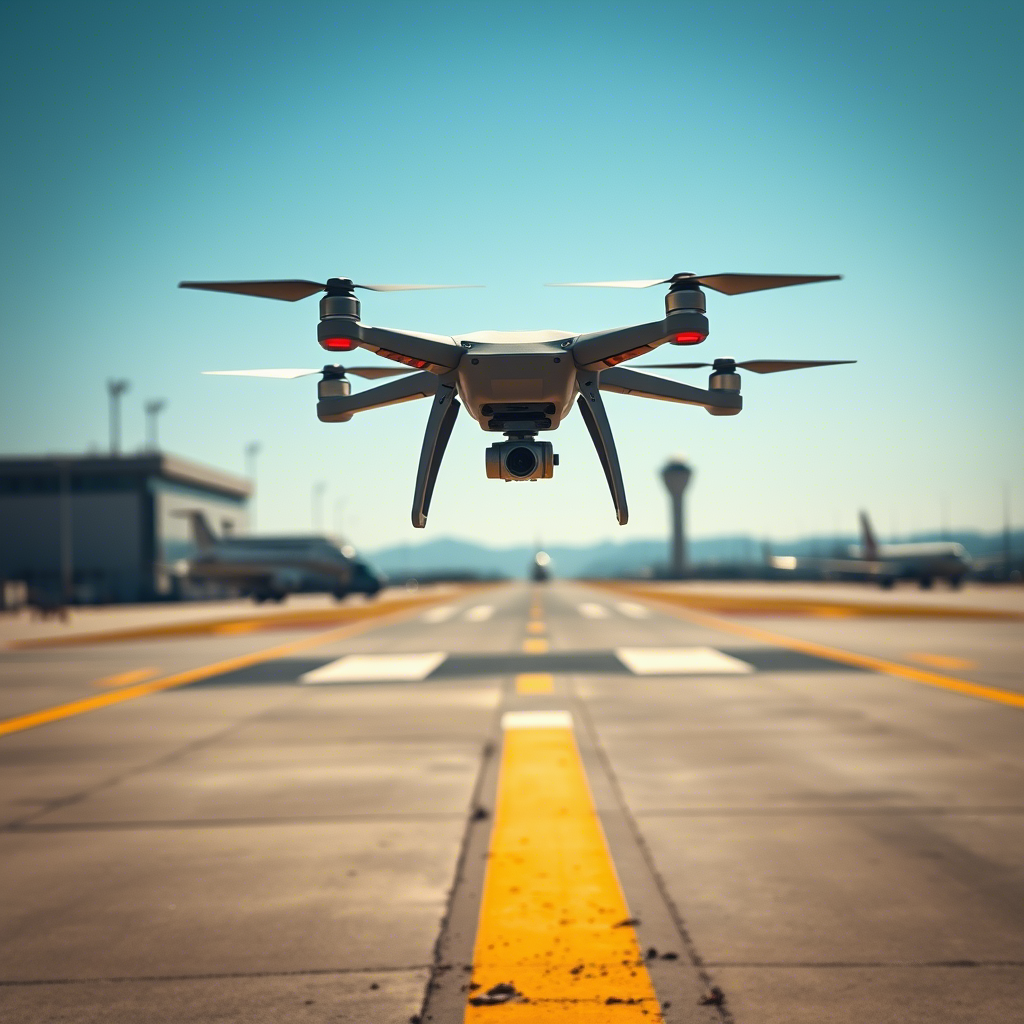Qualification requirements for operators of agricultural drones
Qualifications for Agricultural Drone Operators: Essential Requirements and Skills
Operating agricultural drones, also known as plant protection drones, requires specialized knowledge and adherence to safety standards. Below are the core qualifications and competencies operators must possess to ensure efficient, legal, and safe drone use in farming activities.
Regulatory Compliance and Certification
Most countries mandate formal training and certification for drone operators, especially for commercial agricultural applications. Operators typically need to complete accredited courses covering airspace regulations, safety protocols, and privacy laws. For example, in many regions, obtaining a Remote Pilot Certificate or equivalent is mandatory. These programs often include theoretical exams and practical flight assessments to verify the operator’s understanding of local aviation rules and operational limits.
Technical Proficiency in Drone Systems
Agricultural drones are equipped with advanced technologies such as GPS navigation, multispectral imaging, and automated spraying systems. Operators must demonstrate hands-on expertise in calibrating sensors, interpreting flight data, and troubleshooting mechanical or software issues. Training in mission planning tools is also critical, as it enables operators to optimize flight paths for crop monitoring, pesticide application, or soil analysis. Without technical fluency, misuse of equipment can lead to crop damage or inefficient resource allocation.
Understanding of Agricultural Practices and Safety
Effective drone operation in farming goes beyond flying skills. Operators should have a foundational knowledge of crop cycles, pest management, and chemical handling to align drone missions with agricultural goals. For instance, timing spraying operations to avoid windy conditions or rainfall requires awareness of weather patterns and plant biology. Additionally, safety training is paramount to prevent accidents involving livestock, workers, or nearby communities. This includes protocols for emergency landings, battery storage, and maintaining line-of-sight during flights.
Continuous Learning and Adaptability
The field of agricultural drone technology evolves rapidly, with new software updates, sensor capabilities, and regulatory changes emerging regularly. Operators must engage in ongoing education to stay current with industry trends. This may involve attending workshops, participating in online forums, or collaborating with agronomists to refine data-driven farming strategies. Flexibility in adopting innovations ensures drones remain a valuable tool for improving yield and sustainability in modern agriculture.

